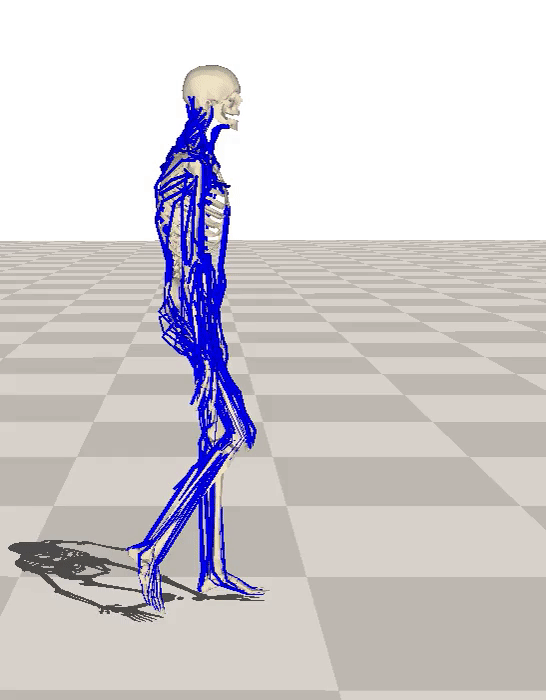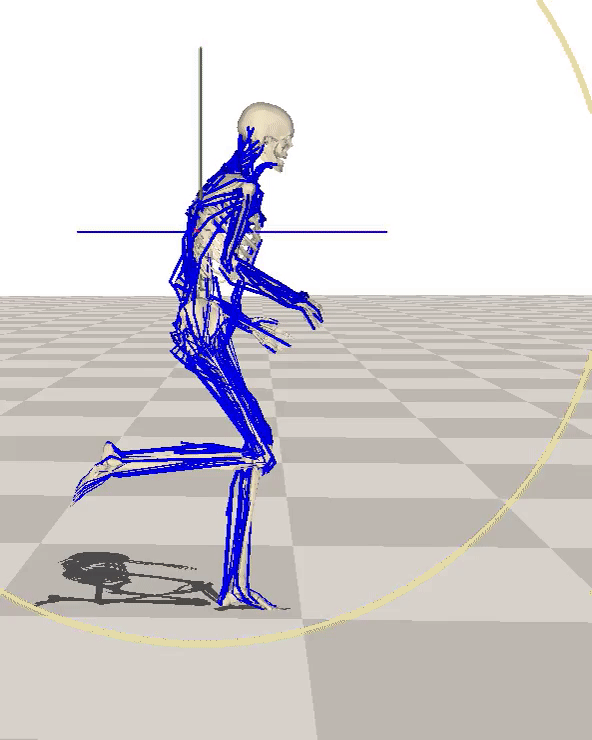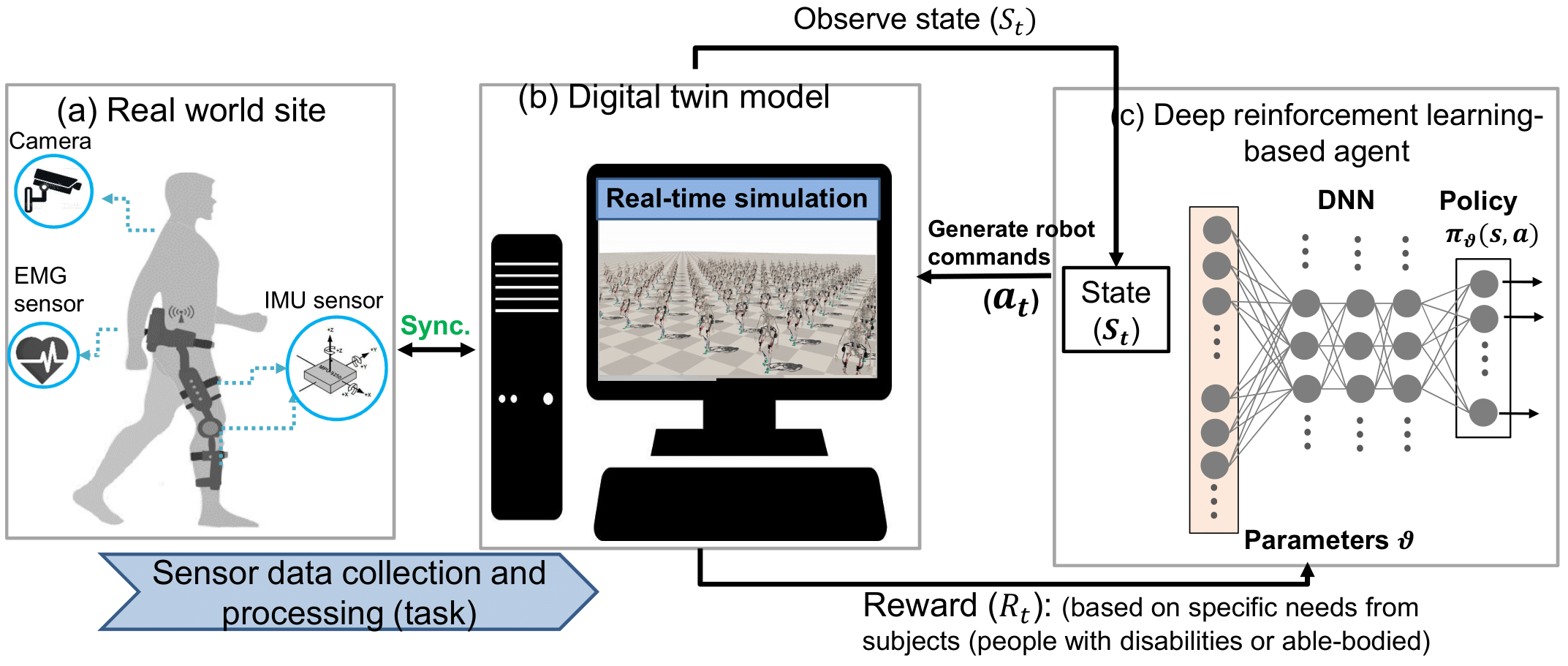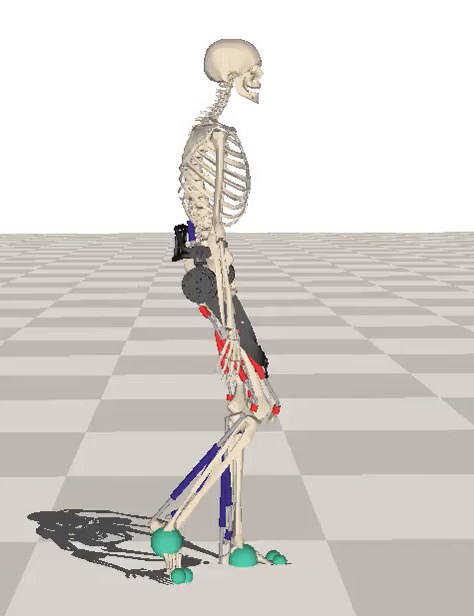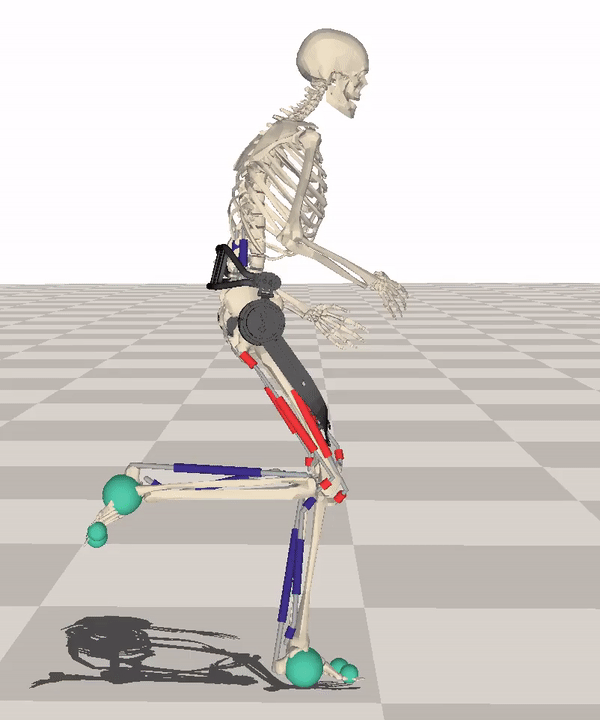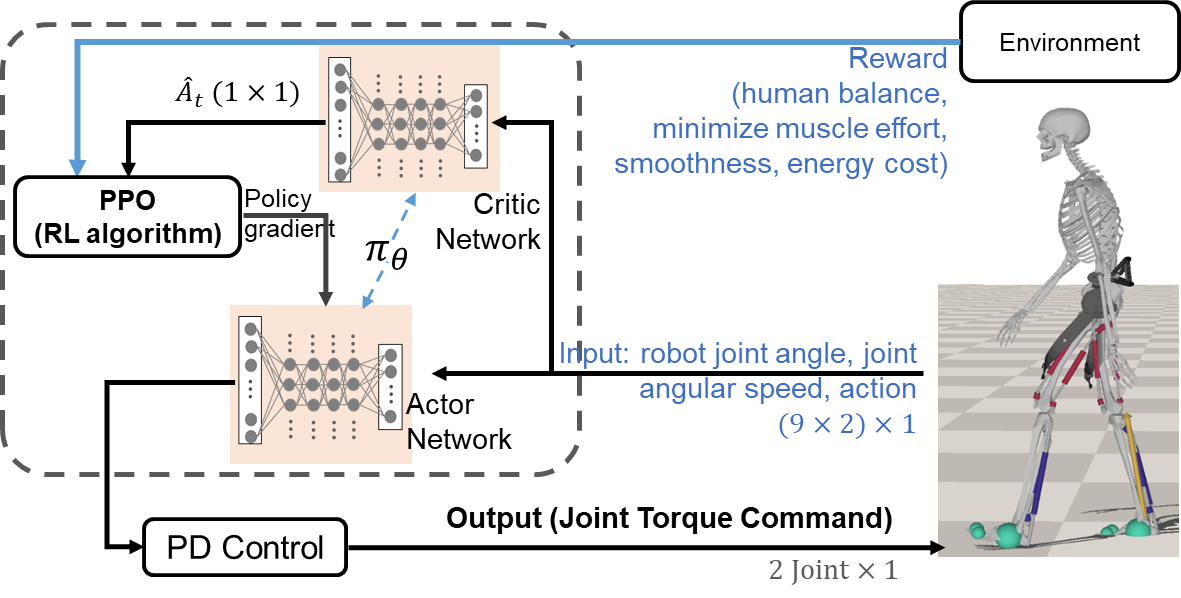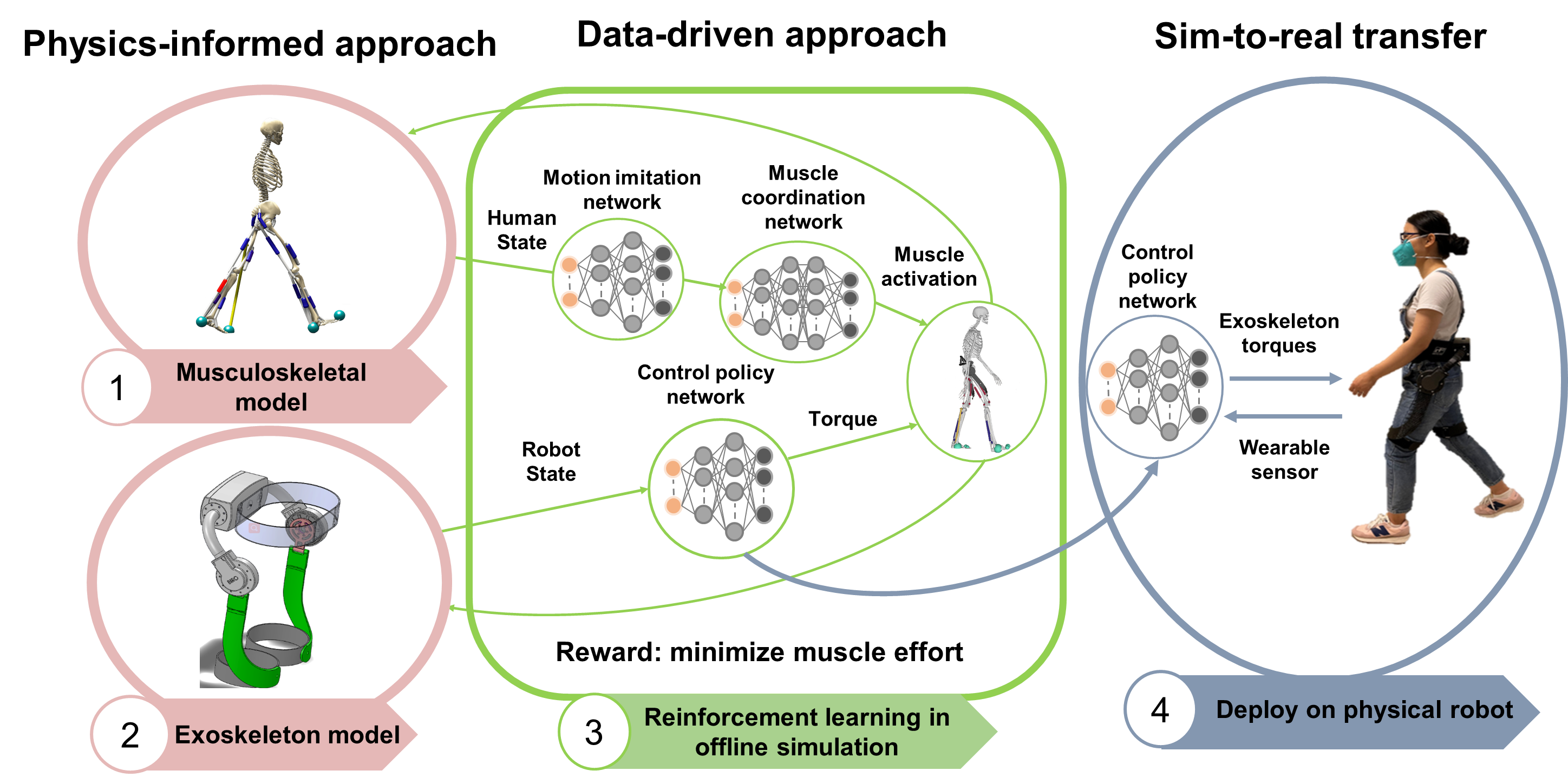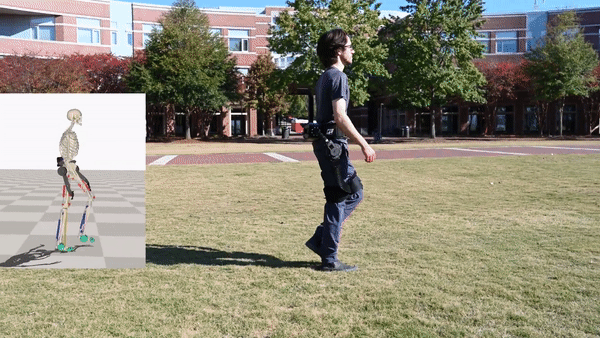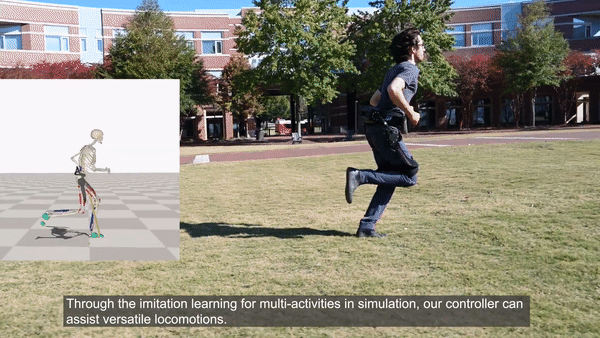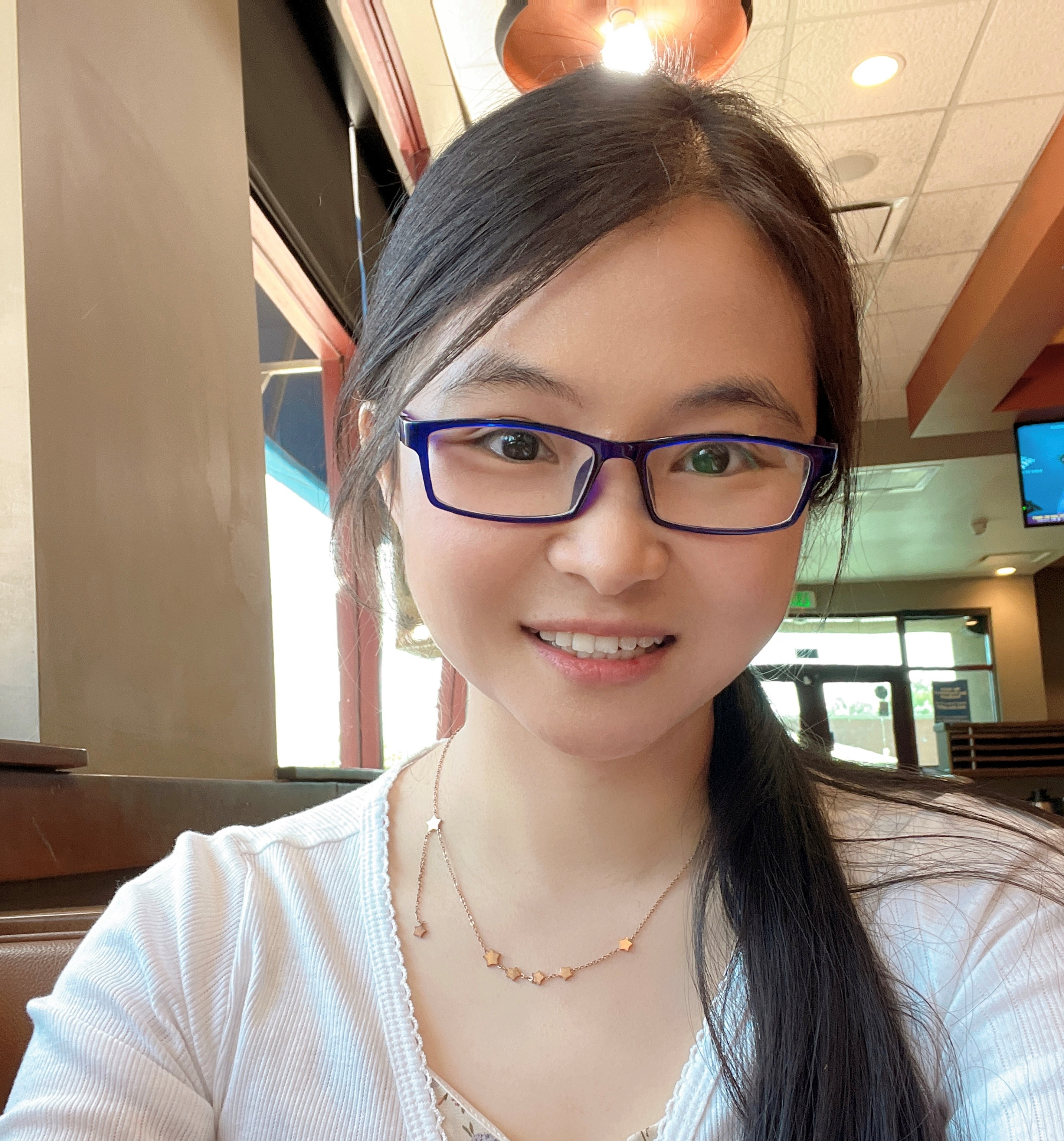
Shuzhen Luo
I will be joining the Department of Mechanical Engineering at Embry-Riddle Aeronautical University, Daytona Beach as a tenure-track assistant professor in 2023 Fall. My work lies in the intersection between human biomechanics, robotics, control and machine learning, with a focus on reinforcement learning for versatile and intelligent control of wearable robots and UAV. Before that, I have worked as a postdoctoral research associate in the Department of Mechanical and Aerospace Engineering at Rutgers University, New Jersey Institute of Technology, UNC-Chapel Hill, and NC State University. I got my PhD degree at Nankai University.
Email / Google Scholar /
News
Recent Projects
We aim to bridge the fields of biomechanics, neuroscience, robotics, and machine learning to address challenges in biomedical engineering and aerospace engineering. Our recent research objective is to develop learning-enabled, safe, and assured autonomous systems for physical robots to collaborate with humans and interact with the environment. Our applications include wearable robots, UAVs, and humanoid robots.
High fidelity-musculoskeletal model learns to walk and run autonomously and naturally! This work aims to build a high-fidelity musculoskeletal model and its learning-based control system for versatile activities that reproduce natural human movements driven by muscle activations. The musculoskeletal system of the human body is a highly complex dynamic system, and computer simulations of human movement involve hundreds of interdependent parameters. We are leveraging recent advances in deep reinforcement learning to rapidly create personalized musculoskeletal models, which can simulate the muscle response to different exoskeleton assistance and enhance analyses of complex, multidimensional biomechanical data.
Physics informed AI-enabled closed loop human-robot interaction! My research program focuses on a specific subset of wearable robots: lower-limb robotic exoskeletons. We model human muscle response, musculoskeletal dynamics, and human-robot interaction using a Hill-type muscle model, Lagrangian equations, and a linear bushing interaction model, respectively. The closed-loop human-robot interaction simulation reduces the need for extensive real human testing and provides guidance for wearable robot design and control. This method also exhibits remarkable scalability to a wide variety of assistive devices and can cater to both able-bodied and mobility-impaired individuals.
Postdoc work at NCSU and UNC-Chapel Hill. Common exoskeleton controllers typically require locomotion mode classification and phase estimation, which involve discretization of the whole gait cycle into several phases. Assistive torques are then defined for each phase by many user-specific control parameters that require laborious and time-intensive manual tuning by technical experts. To address these challenges, we propose a method to develop an efficient controller for versatile activities using deep reinforcement learning. We propose a deep reinforcement learning-based approach by using a deep neural network directly maps the raw data of sensors (kinematic states) to the real-time optimal joint torque assistance in an end-to-end manner.
Postdoc work at NCSU and UNC-Chapel Hill. The controller learned completely in simulation can work in reality! Previous simulation-based methods typically performed poorly when deployed in the real world due to the limitations in replicating human responses to robot assistance, as well as the variability of human kinematics, which further adds to sim-to-real translation challenges. This long-standing challenge is known as the simulation-to-reality (sim2real) gap. In this study, we present a novel physics-informed data-driven approach that leverages reinforcement learning in conjunction with a musculoskeletal model to learn an exoskeleton controller entirely in simulation. Our method aims at designing controllers to learn human-robot interaction and directly transferring the trained controllers from simulation to reality, which is a novel research area. This is my postdoc work conducted at Biomechatronics and Intelligent Robotics Lab. This project was led by Prof. Hao Su and consists of multidisinplinary researchers in mechanical design, biomechanics and robotics.
Workshops and Seminar Talks
Research
Journal Papers:
- Robust walking control of a lower limb rehabilitation exoskeleton coupled with a musculoskeletal model via deep reinforcement learning
Shuzhen Luo, Ghaith Androwis, Sergei Adamovich, Erick Nunez, Hao Su, Xianlian Zhou
Journal of NeuroEngineering and Rehabilitation 2023 | paper - Reinforcement Learning and Control of a Lower Extremity Exoskeleton for Squat Assistance
Shuzhen Luo, Ghaith Androwis, Sergei Adamovich, Hao Su, Erick Nunez, Xianlian Zhou
Frontiers in Robotics and AI 2021| paper - Trajectory optimization for parafoil delivery system considering complicated dynamic constraints in high-order model
Hao Sun, Shuzhen Luo, Qinglin Sun, Zengqiang Chen, Wannan Wu, Jin Tao
Aerospace Science and Technology 2020 | paper - An optimal‐multiphase homing methodology for powered parafoil systems
Hao Sun, Qinglin Sun, Zengqiang Chen, Jin Tao, Shuzhen Luo, Xianyi Zeng, Haishan Teng, Peng Zhou
Optimal Control Applications and Methods 2020 | paper - Flexible modelling and altitude control for powered parafoil system based on active disturbance rejection control
Hao Sun, Qinglin Sun, Wannan Wu, Shuzhen Luo, Jin Tao
International Journal of Systems Science 2019 | paper - Soft landing control of unmanned powered parafoils in unknown wind environments
Shuzhen Luo, Qinglin Sun, Panlong Tan, Mingwei Sun, Zengqiang Chen, Yingping He
Part G: Journal of Aerospace Engineering 2019 | paper - Accurate flight path tracking control for powered parafoil aerial vehicle using ADRC-based wind feedforward compensation
Shuzhen Luo, Qinglin Sun, Wannan Wu, Mingwei Sun, Zengqiang Chen, Yingping He
Aerospace Science and Technology 2019 | paper - Accurate homing of parafoil delivery systems based glide-ratio control
Hao Sun, Qinglin Sun, Xianyi Zeng, Shuzhen Luo, Wannan Wu, Zengqiang Chen
IEEE Transactions on Aerospace and Electronic Systems 2019 | paper - In-flight compound homing methodology of parafoil delivery systems under multiple constraints
Hao Sun, Qinglin Sun, Shuzhen Luo, Zengqiang Chen, Wannan Wu, Jin Tao, Yingping He
Aerospace Science and Technology 2018| paper - On decoupling trajectory tracking control of unmanned powered parafoil using ADRC-based coupling analysis and dynamic feedforward compensation
Shuzhen Luo, Qinglin Sun, Mingwei Sun, Panlong Tan, Wannan Wu, Hao Sun, Zengqiang Chen
Nonlinear Dynamics 2018 | paper - In-flight wind identification and soft landing control for autonomous unmanned powered parafoils
Shuzhen Luo, Panlong Tan, Qinglin Sun, Wannan Wu, Haowen Luo, Zengqiang Chen
International Journal of Systems Science 2018 | paper - A hybrid control approach for powered parafoil combining active disturbance rejection control and unbalanced load compensation
Hao Sun, Qinglin Sun, Jin Tao, Shuzhen Luo, Zengqiang Chen
Part I: Journal of Systems and Control Engineering 2018 | paper - Accurate calculation of aerodynamic coefficients of parafoil airdrop system based on computational fluid dynamic
Hao Sun, Wannan Wu, Qinglin Sun, Shuzhen Luo, Mingwei Sun, Zengqiang Chen
International Journal of Advanced Robotic Systems 2018 | paper - Modeling and control of a powered parafoil in wind and rain environments
Jin Tao, Wei Liang, Qinglin Sun, Shuzhen Luo, Zengqiang Chen, Panlong Tan, Yingping He
IEEE Transactions on Aerospace and Electronic Systems 2017 | paper - Trajectory planning of parafoil system with intricate constraints based on Gauss pseudo-spectral method
Shuzhen Luo, Qinglin Sun, P Tan, J Tao, Y He, H Luo
Acta Aeronautica et Astronautica Sinica 2017
Peer-Reviewed Conference Papers:
- Spline-based modeling and control of soft robots
Shuzhen Luo, Merrill Edmonds, Jingang Yi, Xianlian Zhou, Yantao Shen
2020 IEEE/ASME International Conference on Advanced Intelligent Mechatronics (AIM) | paper - Lateral control approach of powered parafoils combining wind feedforward compensation with active disturbance rejection control
Shuzhen Luo, Qinglin Sun, Mingwei Sun, Hao Sun, Wannan Wu, Zengqiang Chen
2018 14th IEEE/ASME International Conference on Mechatronic and Embedded Systems and Applications (MESA) | paper - Compound trajectory optimization methodology for parafoil delivery system based on quantum genetic algorithm
Hao Sun, Qinglin Sun, Shuzhen Luo, Zengqiang Chen, Wannan Wu, and Jin Tao
Conference on Data Science and Knowledge Engineering for Sensing Decision Support (FLINS 2018) | paper
